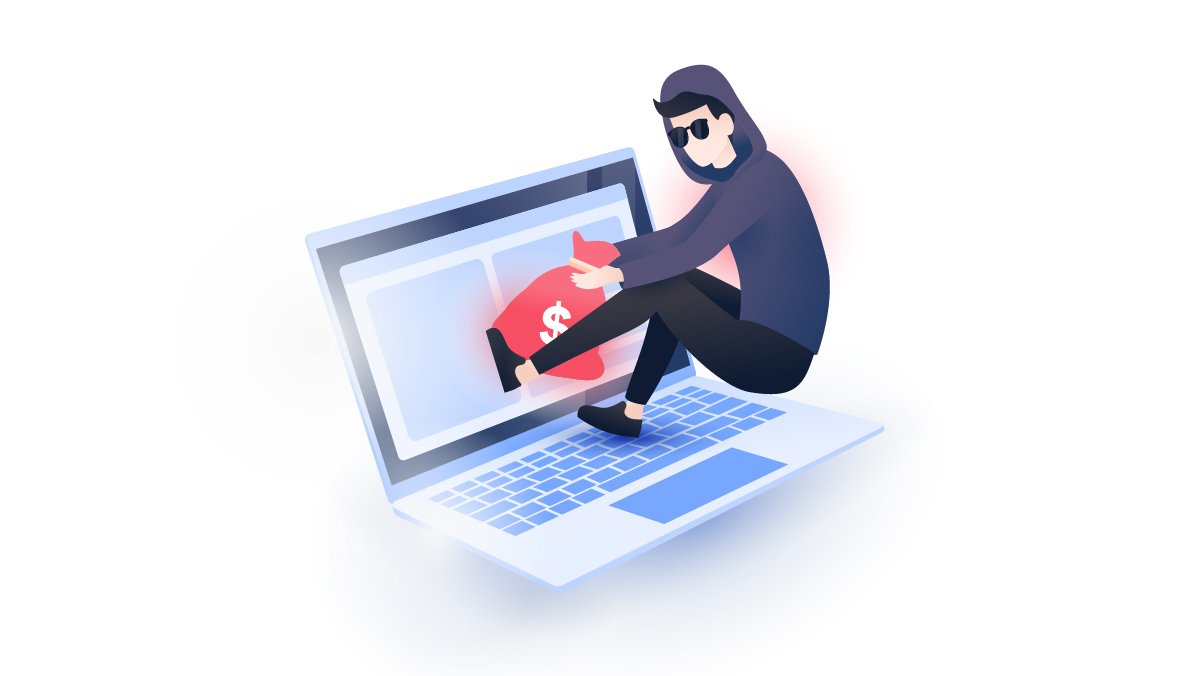The Federal Service for Supervision in the Sphere of Telecom, Information Technologies and Mass Communications better known as Russia’s federal agency Roskomnadzor is continuing the execution of ‘Blacklisted <website> law’ passed in 2012 by Russia’s governing body Duma. End of 2015 and beginning of 2016 will see more torrent sites, porn sites and ‘Western’ sites banned in Russia.
Not to worry – there is a solution to circumvent this ban and we’ll go into detail about a number of workarounds below.
Blacklisted Law
The ‘Blacklist’ is administered by Roskomnadzor and Federal Drug Control Service of Russia. The primary purpose for the law is protecting Russian children from harmful content; particularly that which glorifies drug usage, advocates suicide or describes suicide methods, or contain child pornography. People can too submit requests to Roskomnadzor. Once ‘harmful content’ is identified, the site host would get a notice asking to remove the content and have 3 days to do so – if they would not remove it willingly, the site would be added to the Blacklist. Internet Service Providers (ISPs) are then asked to block the site(s) in question.Sites banned in Russia during Roskomnadzor tenure:
- Several English and Russian Wikipedia pages banned in 2014
- Several LiveJournal websites by bloggers and activists
- A number of sites that report on international conflict, promote joining European Union.
- A huge number of internet memes declared illegal in April, 2015.
- Several Bitcoin webpages banned in 2015
- A number of pornography websites banned.
- Jehovah’s witness sites <jw.org>.
- Sites and comments containing ‘Gay emojis’ were on the chopping block just a few weeks ago.
- August 2015 – Reddit banned (ban lifted in 3 days)
- Sept 2015 – Pornhub and 10 more porn sites banned
- November 2015 – Rutracker ordered to be permanently shutdown by Court Ruling. The site has over 73 million visitors per day and is planning to appeal the decision.
- December 2015 Reports of Public Google DNS has surfaced (link in Russian). This means a number of websites could be blocked or experience service interruptions and temporary blockages.
- Early 2016 – country’s top 15 most popular torrent sites will be permanently blocked in 2016
- Sept 2016– all sites that do not comply with Russia’s Data Retention Law will be banned. To continue web operations in Russia, all web services will have to store the user data of Russians on servers within the country.
What can you about the bans if you are in Russia?
Roskomnadzor are confident the geo-restriction initiatives will be carried out successfully, saying “according to statistics 95% of people do not use tools to bypass locks”. Be in the know – learn the tools to unblock the sites.Here’s the list of workaround options:
1. Get a VPN
VPNs help you bypass geo-restrictions and change your virtual location by changing your true geographical location. They do this by masking your IP address with the IP address of a VPN server. So when the download site looks at your IP, it will see the IP of the VPN server you are using the internet through and not your true IP. Since VPNs, like NordVPN allow you to choose a from a number of servers from anywhere in the world, you can connect to a server in a region where Rutracer and other sites will be accessible and you’re good to go. VPNs also offer you security in that they encrypt all data shared between the internet and your system, so your data cannot be compromised, your ISP cannot see what you are browsing.2. Proxy Servers
Proxy servers allow you to access a particular website through their remote server. They basically act as mediators, connecting you to the website through one of their servers. Proxy servers are usually free, but the free ones are full of ads and speeds are really low due to high traffic. Many a times proxy servers cannot work for a specific website, so if you want to use a proxy server, you can only wish that there is an unblocked proxy server for your desired website. Also, your proxy does not encrypt your online data, unlike a VPN. A good option for downloading is SOCKS5 Proxy. More info << HERE>>3. SmartPlay Technology
If you consider streaming as an alternative to downloading – a great solution which is built into native NordVPN apps awaits. Connect directly to sites like Netflix, Hulu and more.4. SmartDNS (Coming Soon to NordVPN)
SmartDNS works in a similar way to VPN in that they also mask your true IP address from onlookers to make it appear like you are using the service from somewhere else. However, there are two noteworthy distinctions between the two:- SmartDNS has faster speeds than VPN because no extra hops are added by SmartDNS services.
- SmartDNS does not encrypt all your internet data, so you are vulnerable to online security breach issues.




